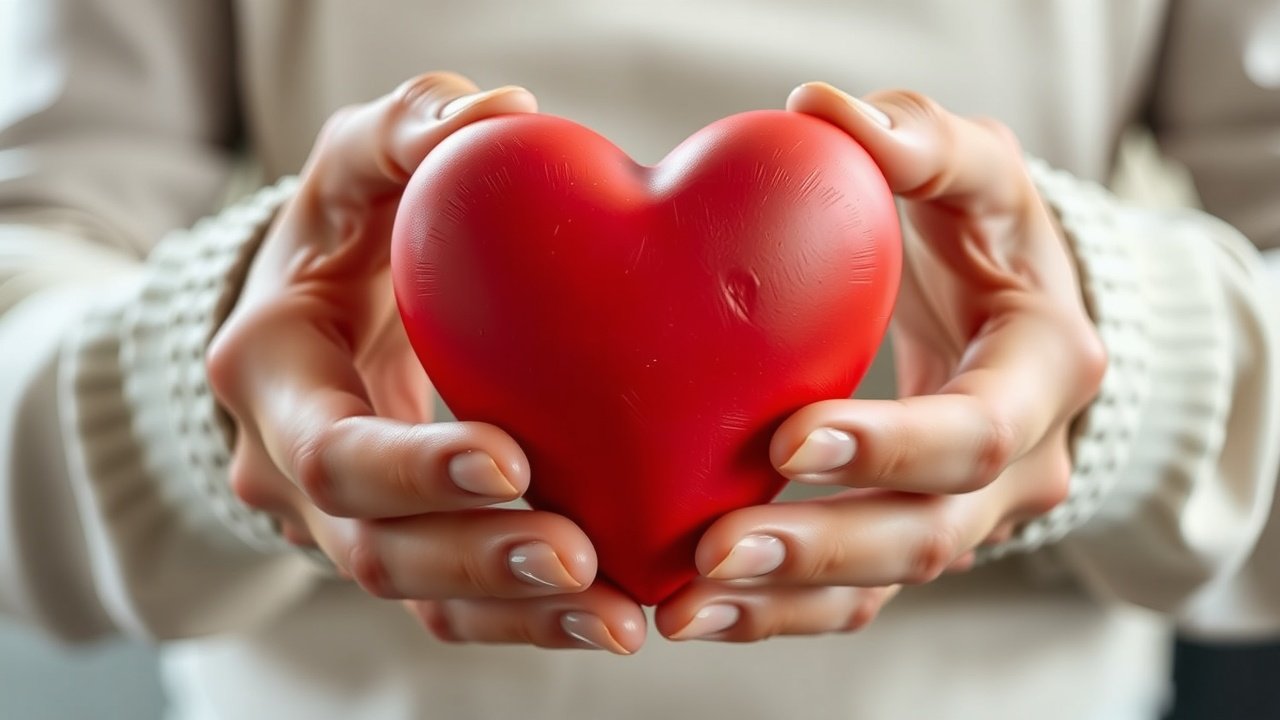Breaking up is hard to do, and the aftermath can feel overwhelming. Whether it was a sudden split or a gradual fading, moving on from a relationship requires time, self-compassion, and a proactive approach to healing. This guide provides a roadmap to navigate the emotional landscape of heartbreak and rediscover joy and fulfillment in your life.
What Are the Stages of Grief After a Breakup?
Navigating heartbreak often involves a complex emotional journey. Understanding the stages of grief—shock, denial, anger, bargaining, depression, and acceptance—can help normalize your experience and validate your feelings. These stages aren't linear; you might cycle through them multiple times, experiencing varying intensities at different points. Common reactions include sadness, loneliness, confusion, and even relief, depending on the circumstances of the relationship's end. Acknowledging and accepting these feelings is crucial for emotional healing and moving forward. Allow yourself to grieve the loss of the relationship; suppressing emotions will only prolong the healing process. Remember, emotional healing takes time, and there's no set timeline for recovery.
How Can I Find Closure After a Relationship?
Finding closure is a personal process, and it doesn't necessarily mean achieving complete understanding or resolution. It's about accepting the end of the relationship and integrating the experience into your life narrative. Some techniques include reflecting on the relationship's trajectory, writing a goodbye letter (even if you don't send it), and allowing yourself to fully feel your emotions without judgment. Journaling and meditation are powerful tools for self-reflection, enabling you to process your emotions, identify patterns, and gain clarity. Remember that closure isn't a destination; it's an ongoing process that involves accepting the past and embracing the present. Letting go of resentment and bitterness is key to achieving emotional freedom.
What Are Effective Coping Strategies for Heartbreak?
Coping with heartbreak requires a multifaceted approach that prioritizes self-care and emotional regulation. Establish a self-care routine that includes regular exercise, a balanced diet, and sufficient sleep. These actions have a profound impact on your mood and overall well-being. Lean on your support system: talk to trusted friends, family members, or a therapist about your feelings. Engage in mindfulness practices like meditation or deep breathing to manage anxiety and stress. Building a strong support network provides a safe space for emotional expression and reduces feelings of isolation. Prioritize activities that bring you joy, and slowly reintroduce yourself to hobbies and interests you may have neglected during the relationship. Gradually rebuilding a life filled with activities and people you love is crucial for healing.


How Can I Learn to Let Go of Anger and Hurt?
Anger and hurt are natural responses to a relationship ending, especially if betrayal or disappointment was involved. Understanding the root causes of your anger can help you process it in a healthier way. Forgiveness, while challenging, is essential for moving forward. Forgiveness doesn't necessarily mean condoning the actions that caused the hurt, but it releases you from the burden of resentment. Talk to a therapist or counselor to help unpack these complex emotions and find healthy ways to process and release your anger. Avoid self-destructive behaviors, and focus on building self-esteem and self-compassion to move on from the hurt.
What Should I Focus on for Personal Growth After a Breakup?
Breakups can be catalysts for significant personal growth and self-discovery. Embrace this opportunity by setting new goals—both big and small—in areas such as career, personal interests, or fitness. Explore new activities, hobbies, https://miloshzq843.bearsfanteamshop.com/finding-relief-together-couples-therapy-for-depression-in-2025 and interests that spark your curiosity and passion. This process of self-exploration can lead you to a renewed sense of purpose and direction. Rediscover your self-worth and practice self-love and self-compassion. Breakups often force us to examine our self-esteem and identify areas needing improvement. This is a valuable chance to nurture self-love and rediscover your strength and independence. Use this time for introspection and self-improvement, creating a stronger and more fulfilled version of yourself.
How to Approach Dating Again After a Breakup?
Dating after a breakup can feel daunting, but it's important to approach it with emotional intelligence and self-awareness. Before re-entering the dating scene, ensure you've processed your emotions and achieved a degree of emotional stability. Pay attention to your emotional readiness; rushing into a new relationship before you’re healed can lead to unhealthy patterns. Communicate openly about your past experiences and establish clear boundaries in new relationships. This helps protect your emotional well-being and sets the foundation for a healthy connection. Use dating as a way to explore new connections and build intimacy on your own terms. Remember, dating after heartbreak is about self-discovery and connection, not about replacing what was lost.
Frequently Asked Questions
1. What are the most common emotions experienced after a breakup?
The range of emotions after a breakup is vast and highly individual. Sadness, anger, confusion, relief, guilt, and loneliness are all common. The intensity and duration of these emotions vary depending on the relationship's length and circumstances.
2. How long does it typically take to move on from a relationship?
There is no set timeline for moving on from a relationship. Healing is a personal journey and varies based on factors like relationship length, the nature of the breakup, and individual coping mechanisms. It's essential to be patient with yourself and allow sufficient time for emotional processing.
3. Can therapy help with moving on from a relationship?
Therapy provides a supportive and structured environment to process complex emotions and develop healthy coping strategies. A therapist can help you identify unhealthy patterns, build self-esteem, and navigate the complexities of heartbreak. Different therapeutic approaches, such as cognitive behavioral therapy (CBT) or psychodynamic therapy, can be helpful.
4. Is it normal to feel lonely after a breakup?

Loneliness is a common and understandable emotion after a breakup. The loss of companionship and intimacy can be profound. Engage in activities that foster social connection, and reach out to your support network. Joining groups or clubs based on your interests can also help alleviate loneliness and provide opportunities for new connections.
In conclusion, moving on from a relationship is a journey that requires self-compassion, proactive coping strategies, and a commitment to personal growth. By understanding the stages of grief, developing healthy coping mechanisms, and fostering self-love, you can navigate heartbreak and emerge stronger, wiser, and ready for a more fulfilling future. Remember to seek support from friends, family, or professionals if needed. Your healing process is unique and deserves patience and kindness.